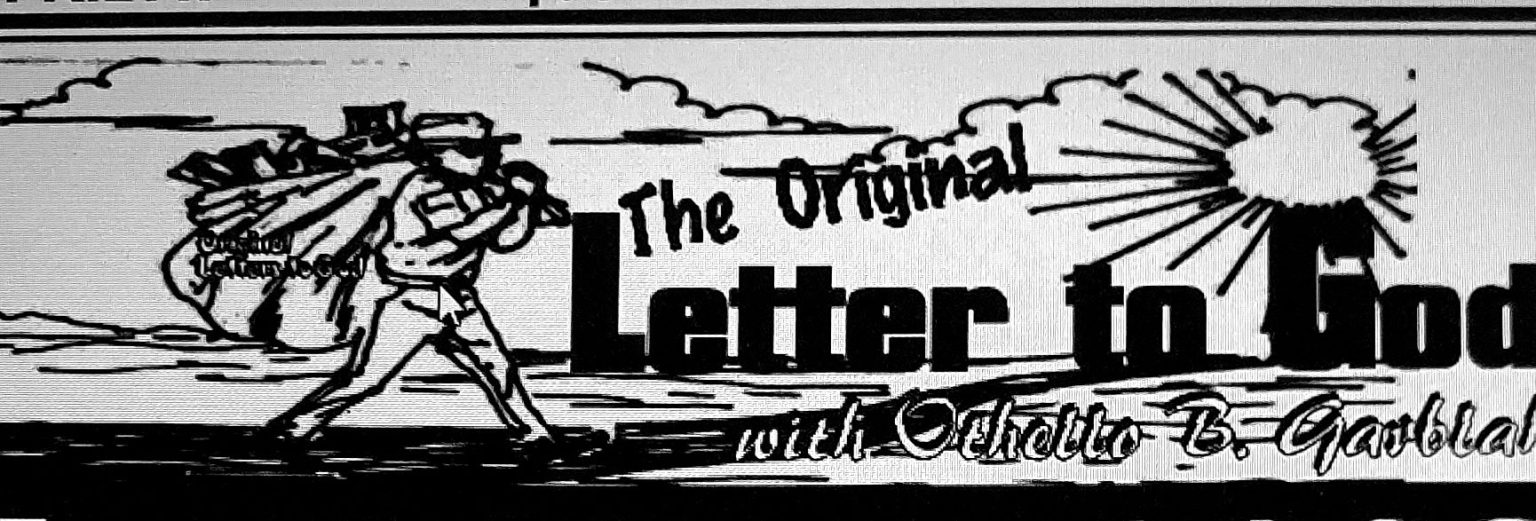This correspondence details a villager’s frustrations with the local “Oldman,” a term likely referring to a chief or government official, and his perceived hypocrisy and misuse of funds. The writer expresses their disbelief at the Oldman’s recent actions, particularly his dedication of a small, seemingly insignificant hand pump in a remote village, a journey that required a ten-hour drive. This act has angered “Papay,” possibly another community leader, who refuses to participate in further hand pump dedications. The writer questions the Oldman’s motives, suggesting the dedication was a ploy to showcase a minor project, and alleges the Oldman grossly inflated the project’s cost, claiming it amounted to hundreds of thousands of dollars in US currency.
The writer highlights the Oldman’s contradictory behavior, referencing a past statement where he claimed he would even ride a wheelbarrow to work. This is juxtaposed with his recent acquisition of a lavish, heavily fortified vehicle, the cost of which is estimated to be equivalent to the budget for healthcare and education for several villages over multiple years. The extravagance of the vehicle is a source of bewilderment and anger for the villagers, who question the need for such a high-security car in a peaceful setting. This perceived hypocrisy fuels the writer’s frustration, with the stark contrast between the Oldman’s words and his actions drawing sharp criticism.
Further adding to the villagers’ discontent is the implication that the Oldman was intentionally misled about the hand pump project, its cost, and perhaps its significance. The writer suggests that those around the Oldman are taking advantage of him, presenting him with “funny, funny projects” and likely pocketing a significant portion of the allocated funds. This corruption, alongside the Oldman’s own lavish spending, is viewed as a betrayal of the community’s trust and a blatant misuse of resources that could be used for essential services like healthcare and education.
The writer’s tone reveals a deep sense of disappointment and cynicism towards the Oldman and the local government. The repeated use of phrases like “small thing” to describe the hand pump project underscores the perceived insignificance of the endeavor compared to the exorbitant cost and the long journey undertaken for its dedication. Similarly, the description of the Oldman’s vehicle as being capable of “even go[ing] to war front and all” highlights the absurdity of such a purchase in their context. The writer’s incredulity is evident in expressions like “You joking!” which emphasize the disconnect between the Oldman’s actions and the community’s needs.
The letter also serves as a commentary on the broader issue of corruption and misplaced priorities within the government. The writer hints at a culture of misappropriation of funds, where “free money” is readily available for those connected to the government, while those performing the actual labor see little benefit. This sentiment is captured in the phrase “da na Gowerment job sweet,” a sarcastic remark suggesting that government positions are primarily sought for personal gain rather than public service.
The letter concludes with a sense of resignation and a veiled threat of action. The writer rhetorically asks whether the Oldman, after boasting of his willingness to ride a wheelbarrow, will now stand by his word after purchasing such an extravagant vehicle. The final statement, “We here, we moving,” while ambiguous, implies a potential for collective action or protest against the Oldman’s leadership. The writer’s frustration, combined with the community’s shared outrage, suggests that the villagers may be reaching a breaking point and considering ways to challenge the status quo. The letter, therefore, acts as both a personal expression of frustration and a reflection of wider community sentiment, hinting at potential future unrest if the Oldman’s actions remain unchecked.














